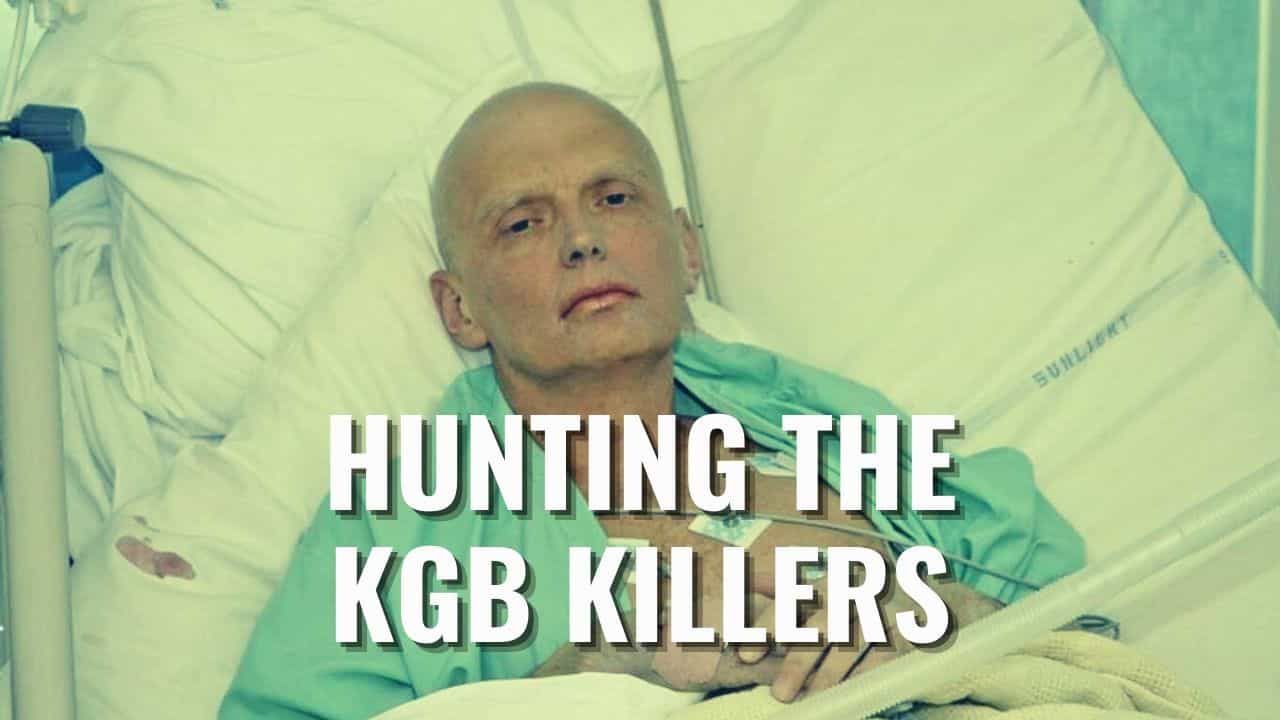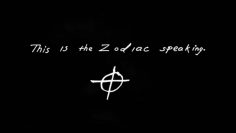Hunting the KGB Killers
Hunting the KGB Killers unravels the shocking assassination of Alexander Litvinenko, a former Russian spy who became a vocal critic of Vladimir Putin’s regime. It reconstructs the events leading up to Litvinenko’s poisoning in London in 2006, offering viewers an unprecedented look into one of the most audacious political murders in recent history.
The documentary presents a detailed account of the investigation conducted by Scotland Yard detectives, who found themselves embroiled in a complex international case with far-reaching political implications. Through interviews with key figures involved in the investigation, including detectives, forensic experts, and Litvinenko’s widow Marina, it provides a comprehensive overview of the painstaking efforts to uncover the truth behind this brazen act of state-sponsored terrorism.
At the heart of the story is the use of polonium-210, a rare and highly radioactive substance, as the murder weapon. It explains how this unusual choice of poison not only led to Litvinenko’s agonizing death but also left a trail of radioactive contamination across London, creating a public health crisis and complicating the investigation. Viewers are taken step-by-step through the process of tracing the polonium trail, which ultimately led investigators to the prime suspects: Andrey Lugovoy and Dmitry Kovtun.
The film also sheds light on the political context surrounding Litvinenko’s murder, exploring his background as a former KGB officer who became a fierce critic of corruption within the Russian government. It examines the potential motives behind his assassination and the implications for international relations between Russia and the West. It highlights the challenges faced by British authorities in seeking justice, including the diplomatic obstacles encountered when attempting to extradite the suspects from Russia.
One of the most compelling aspects is its portrayal of the human cost of this political crime. Through interviews with Marina Litvinenko and archival footage of Alexander himself, the documentary brings a personal dimension to the story, reminding viewers of the individual life cut short by this act of violence.
The documentary also raises important questions about the nature of modern espionage, international law, and the lengths to which some governments may go to silence their critics. It serves as a stark reminder of the ongoing tensions between Russia and the West, and the potential consequences of challenging powerful political figures.










